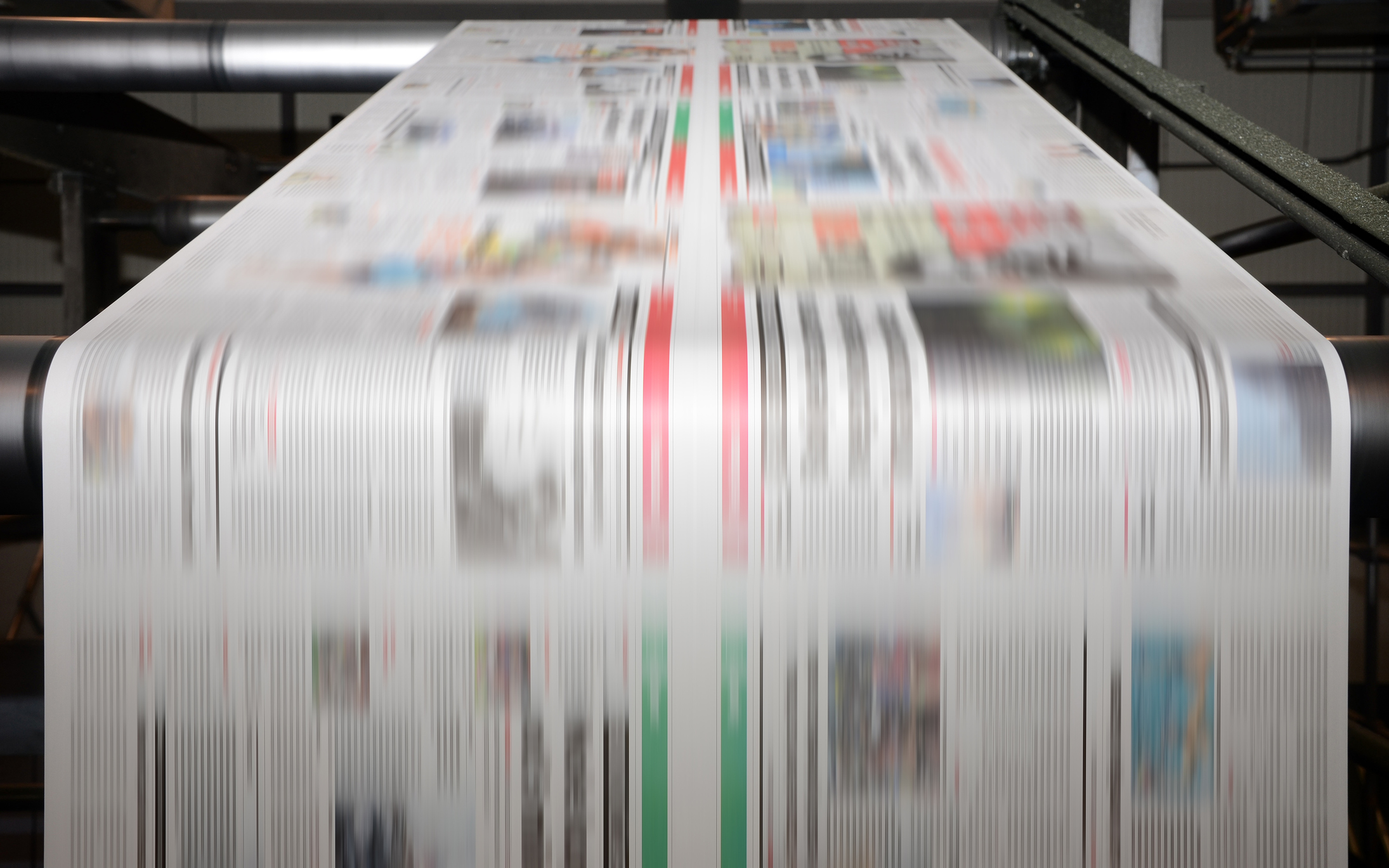UK Budget 2020 - VAT, Duties & Environmental Taxes
11 March 2020
A content rich Budget, with several new policy announcements and confirmation of other previously trailed changes. The highlights are:
VAT
One big eye-catching change and a lot of detail on current and possible future policies.
No more reading tax….
The big headliner was the decision to extend the zero-rating for physical publications to e-books, newspapers, magazines and academic journals from December 2020, gleefully announced as the removal of a tax on reading just in time for Christmas…!
This could be termed a Brexit benefit – it’s always been HMRC’s view that EU VAT rules restricted zero-rating to paper publications (although that has recently been tested through the Courts by NewsCorp, who are currently winning in litigation on the on-line versions of The Times and The Sun. HMRC announced a couple of weeks ago that they will appeal the latest decision, so the Chancellor’s announcement today may only be for the future)
As always with these announcements, we need to see more detail. One thing to watch out for is the extent of the change – zero-rating currently applies to paper version leaflets, brochures, pamphlets, maps and sheet music – none of those are mentioned in the Budget notes.

“Tampon tax” removed
The other headline grabber, much trailed, is confirmation that VAT will be removed from women’s sanitary products from 1 January 2021. Again, this could be badged as a direct consequence of Brexit, with the current 5% rate a consequence of historic EU rules
Post - Brexit import VAT relief confirmed
The Treasury has confirmed that postponed accounting for import VAT will be introduced for all goods imports (EU and non-EU) from 1 January 2021. This will be a welcome relief as it removes the cash-flow cost of paying import VAT on entry in the UK and then recovering it on a subsequent VAT return. Instead, import VAT will be paid and recovered on the same return, almost always creating a “nil” net effect. This change will be particularly welcome for businesses importing goods from the EU, who would otherwise have faced a big cash hit. It should be noted, however, that change only relates to VAT – Customs Duty will still have to be paid on entry to the UK where applicable.
Other Brexit-related VAT announcements were confirmation of new rules for call-off stock and a consultation on how the UK’s VAT and duty regime should operate in a post-EU world.
Financial services rules to be overhauled?
The VAT rules governing financial services are horribly complicated and have been subject to a lot of litigation. The EU has had several attempts to reform the rules, but these have always ended in failure. The Budget announced a working party to consult on the future rules after Brexit – could this mean a move to a much simpler regime? As always, there would be winners and losers….
The Budget also announced some specific changes for investment managers – confirming new rules which widen the VAT exemption for management of some pension and investment funds and also announcing a wider review of the taxation of funds – this will include a review of the VAT treatment.
Construction reverse charge goes ahead…
The Budget confirmed that the construction industry reverse charge will still be introduced from 1 October 2020. This is an anti-fraud measure which was originally meant to happen in October 2019, but was pulled at the last moment. It will have a big impact on VAT accounting and cash-flow for many in the construction sector and the chances of another deferment appear slim, so now is probably a good time to revisit the guidance issued last year.
Agricultural flat rate scheme
Current and future user of this scheme should keep an eye out for changes to entry and exit rules – more details should follow
Time to Pay….
Not just a VAT measure, but the Chancellor announced a significant gearing-up of HMRC’s approach to Time to Pay as part of the package of measures to help business through the impact of Coronavirus. One thing that probably won’t change is that early and open discussion with HMRC is more likely to produce a positive outcome – the additional 1000 dedicated staff may help.
Energy and environmental taxes
Fuel duty frozen…but...
The Chancellor confirmed that fuel duty rates will be frozen for a further year, but Red Diesel relief will be removed from April 2020, except for agricultural users, rail and non-commercial heating. Commercial marine users are also unaffected as they have a separate relief – this includes fishing boats. The biggest loser will be the construction industry, which currently has Red Diesel relief for on-site vehicles. Also affected are inland waterway boats, although the Budget notes confirmed that the Government has left the door open for further consultation for these users.
There are number of changes to Vehicle Excise Duty – rates for “normal” vehicles will increase, but there will be additional reliefs for those with zero or low emissions.

Taxing plastic
A levy of £200/tonne on plastic produced in or imported into the UK which contains less than 30% recycled material will be introduced from April 2022. The Treasury will consult and the precise operation of the tax and there will be a small quantity exemption.
Aggregate Levy and Landfill Taxes
Aggregates Levy is frozen at the current rates for a further year, whilst Landfill Tax will increase in line with the Retail Price Index (RPI).
Climate Change Levy (CCL)
Government policy remains to increase the Levy on gas to bring it in line with “cleaner” electricity by 2025. In addition, the Chancellor announced that he will re-introduce and extend a scheme which mitigates CCL costs if operators implement energy savings measures.
Air Passenger Duty…
….will increase in line with RPI.
Alcohol, tobacco and gaming duties
Good news for drinkers…
Alcohol Duties on beers, wines, spirits and cider are all frozen. There will also be a post-Brexit review of the Excise Duty system.
But not for smokers….
…who will have to pay additional duty at RPI plus 2% (RPI plus 6% for hand-rolling tobacco) for the dubious pleasure of standing in a freezing doorway for ten minutes.
Gambling Duties are unchanged
But there will be some technical changes to some duties.

